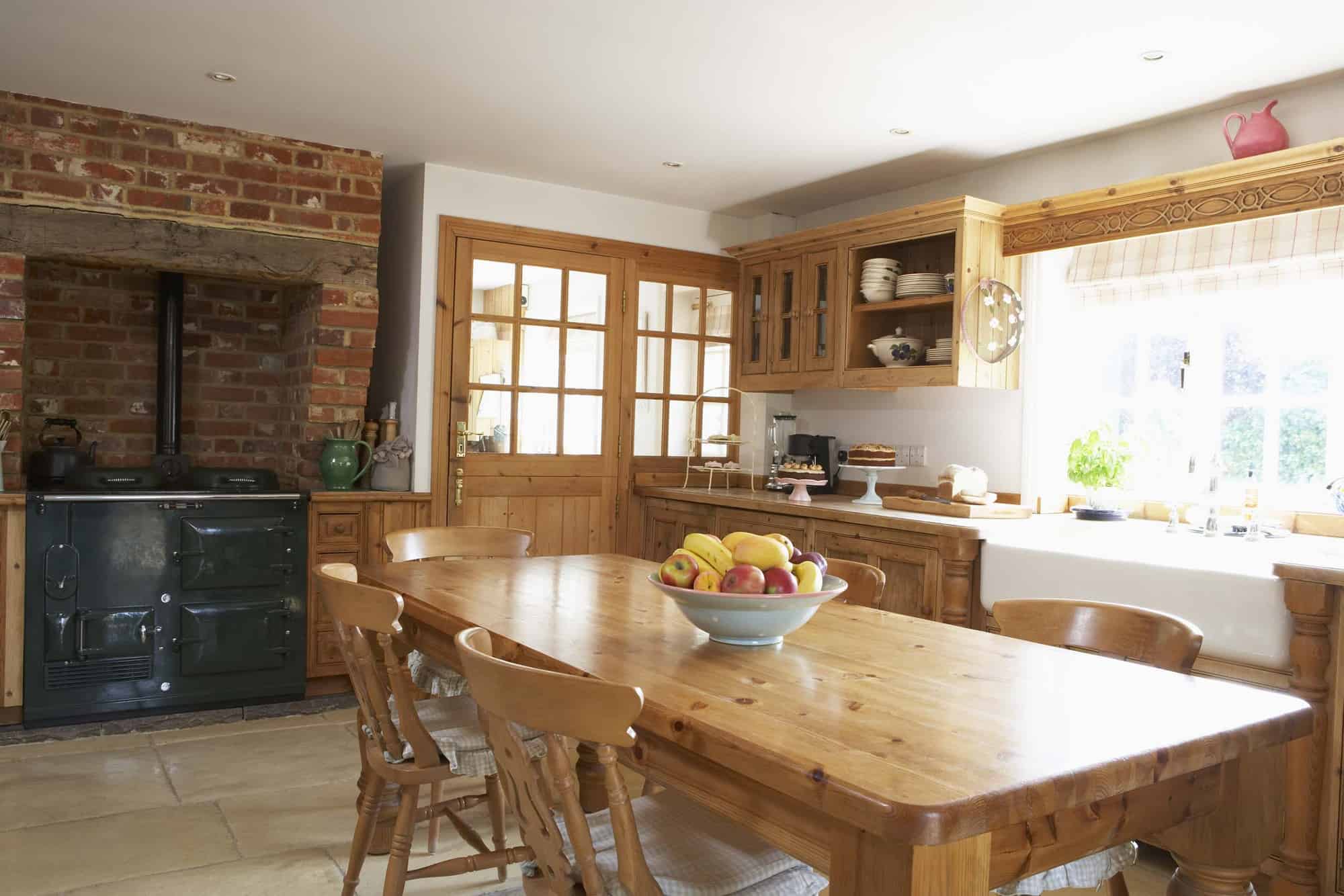Property Owners Insurance
Whether you’re a homeowner, landlord, holiday homeowner, or have an unoccupied property, we cover a wide range a property types.
What is Property Owners Insurance
Whether you own a single property or a portfolio of properties, we have the solution for you. We have access to a wide range of Insurers’ products, including our own group schemes providing cover in respect of
- Residential Let property (including DSS, students and other non-standard tenants such as holiday lets)
- Commercial Property
- Mixed portfolios
We can also offer terms for unoccupied property and buildings undergoing renovation work.
Property Owners Insurance can include by business type
Why use Jensten
Dedicated
Dedicated advisers to work with you
Trusted
By thousands of clients
Flexibility
Property Insurance flexible to your needs
Talk to our specialists
Online
Start your quote at a time that suits you.
Phone
Call and let us find you the cover you need.
FAQs
Get the answers to frequently asked questions.
What our clients say...
Highly recommended, service is always excellent.
Easy to arrange. Friendly and competent staff. Good value.
Super efficient. Highly recommend.
The best rate combined with responsive service. Very good.

